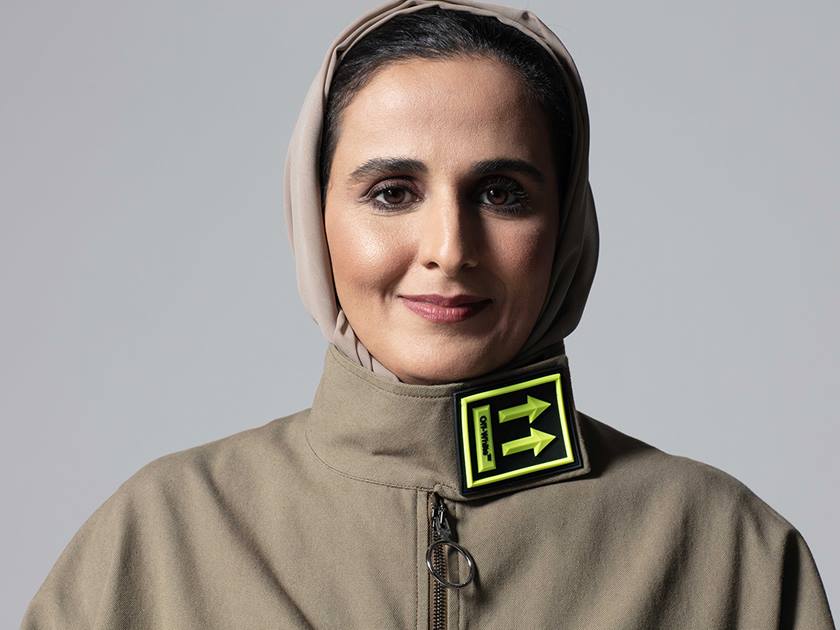Chairperson of the Board of Trustees of the Qatar Museums, H E Sheikha Al Mayassa bint Hamad Al Thani, recently unveiled plans to build several new museums in the country over the next decade. The focus will be on strengthening the Qatari, Arab, and Islamic identity by introducing ambitious cultural projects for a sustainable cultural future. She emphasized the importance of promoting the cultural and artistic scene in the country through the development of new museums, including the Lusail museum, auto museum, and the conversion of Qatar Mills into a new museum.
According to Sheikha Al Mayassa bint Hamad Al Thani, while Qatar currently has eight museums, the number is relatively small compared to its geographic size. Since being tasked with managing the museums, she has made it a priority for the construction of museums to contribute to human development, with a focus on having Qataris oversee the projects. A 25-year plan was established to align with Qatar Vision 2030, with a strong emphasis on the Qatari, Arab, and Islamic identity as guiding values.
Emphasizing the importance of placing artworks in public spaces, Sheikha Al Mayassa bint Hamad Al Thani noted that Qatar views art not just as a material investment, but as a scientific and cultural investment that contributes to human development. The Years of Culture initiative was launched following Qatar’s successful bid to host the FIFA World Cup 2022, aimed at showcasing the State of Qatar to the world and promoting cultural exchange between Qatar and countries participating in the World Cup. The initiative has been instrumental in organizing cultural years between Qatar and countries like Brazil and Russia.
She stressed the significance of being proud of the Qatari, Gulf, and Arab identity, culture, customs, and traditions, particularly in light of the World Cup Qatar as an opportunity to highlight the foundations of the Arab and Islamic identity. She also highlighted Qatar’s ongoing support for the Palestinian cause, citing Qatar’s role in registering the Palestinian village of Battir on the Unesco World Heritage List in 2014. She expressed her satisfaction with the progress of new museum projects and cultural and archaeological centers in the region to build a lasting legacy for future generations.
In conclusion, H E Sheikha Al Mayassa bint Hamad Al Thani’s vision for the development of new museums in Qatar reflects a commitment to preserving and promoting the Qatari, Arab, and Islamic identity through cultural projects. By focusing on human development and cultural exchange, she aims to create a sustainable cultural future for the country. The integration of artworks in public spaces further emphasizes the value of art as a cultural and educational investment. Through initiatives like the Years of Culture, Qatar continues to showcase its heritage and support cultural exchange on a global scale, reinforcing its commitment to promoting the region’s cultural heritage and identity.











